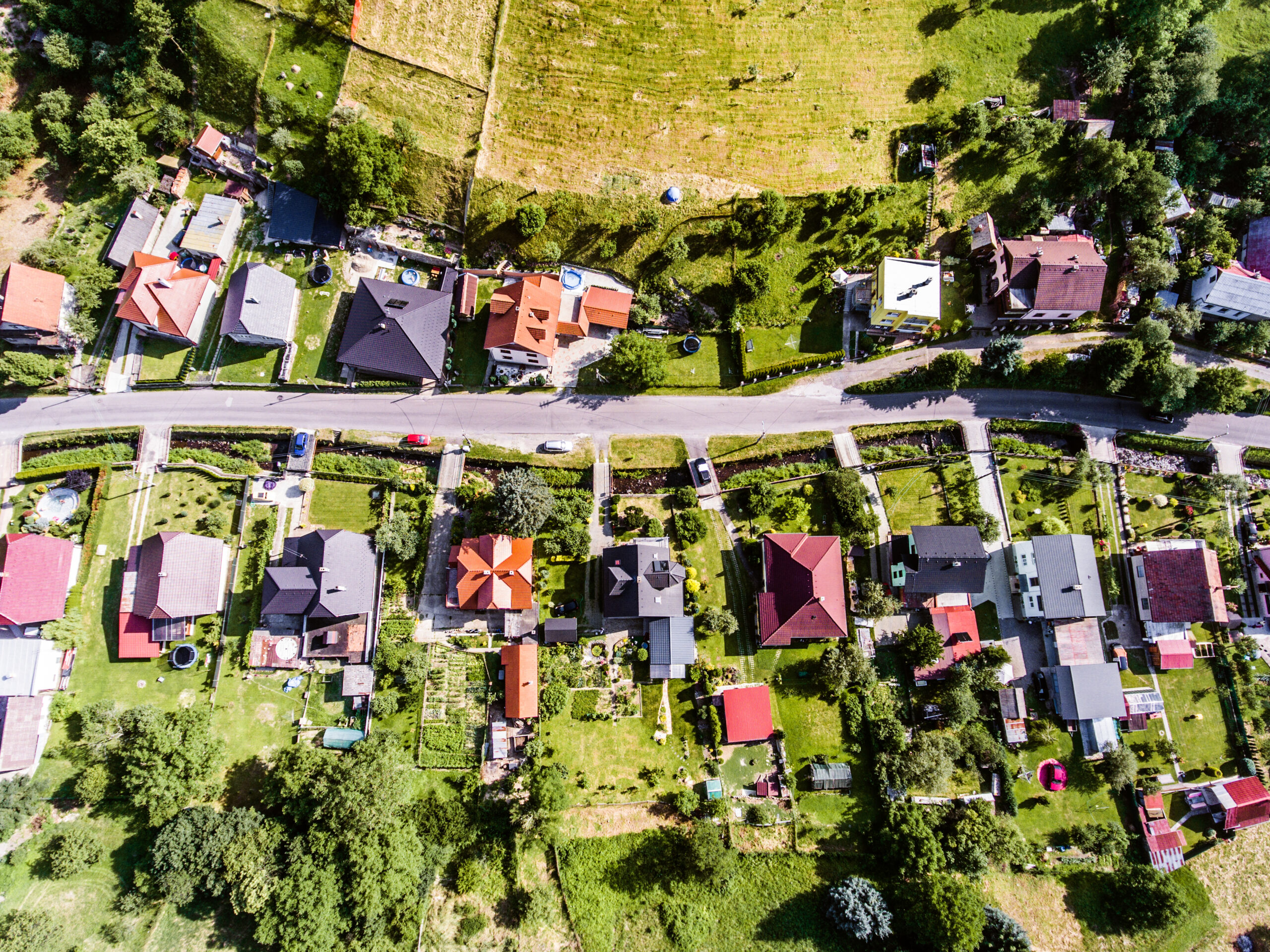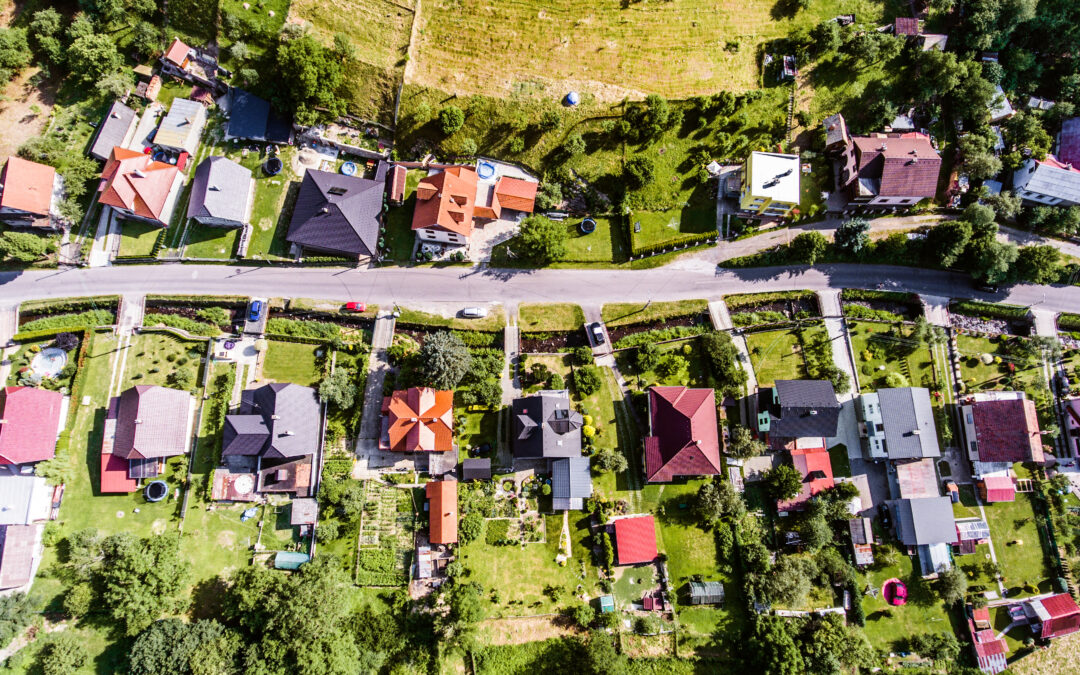Introduction to Self-Reliance
Self-reliance is the ability to rely on oneself for survival without depending on others. It involves being able to take care of yourself, your family, and your community in times of need. In today’s world where natural disasters are becoming more frequent and unpredictable, self-reliance has become crucial for survival. Being prepared can make a huge difference between life and death during emergency situations.
The Importance of Being Prepared for Disasters and Emergencies
Disasters such as hurricanes, earthquakes, floods, and wildfires can strike at any time. Having a plan and being prepared can help you stay safe and protect your loved ones. Developing a self-reliant mindset means that you should always be ready with supplies, equipment, and knowledge necessary to face unexpected challenges. You must have an emergency kit containing food, water, first aid supplies, flashlights, batteries, and other essential items. Additionally, it is critical to establish communication plans with your family members or friends so everyone knows what to do in case of an emergency.
How to Develop a Self-Reliant Mindset
Developing a self-reliant mindset requires practice and preparation. Start by learning new skills like gardening, cooking, sewing, and carpentry. These skills will not only help you save money but also give you confidence in your abilities. Take up courses related to survival techniques like fire building, navigation, and wilderness training. Learn how to purify water and store food properly. Build a network of people who share similar interests and values, and learn from each other’s experiences.
Skills You Need to Survive on Your Own
To be self-sufficient, one needs to acquire various skills that include growing crops, raising livestock, preserving food, making soap, candles, and clothing. Learning basic medical skills like treating cuts, burns, and fractures is also important. Knowledge about renewable energy sources like solar power, wind turbines, and hydroelectricity can come handy during emergencies. Above all, mental strength and resilience are vital traits that keep individuals motivated and focused during tough times.
Building a Self-Sufficient Home
A self-sufficient home is designed to meet most of its occupants’ needs without relying on external resources. Building a self-sufficient home includes using sustainable materials, harvesting rainwater, installing solar panels, and implementing passive heating and cooling systems. Growing vegetables and herbs in the backyard, composting waste, and keeping chickens for eggs are some ways to achieve self-sufficiency at home.

Conclusion: Taking Action Towards Self-Reliance
Taking action towards self-reliance requires dedication and commitment. Start small by taking baby steps and gradually work towards achieving your goals. Join local groups and organizations that promote self-reliance and sustainability. Attend workshops, conferences, and events related to survival and preparedness. Remember, self-reliance is not just about surviving; it’s about living a fulfilling and satisfying life.





